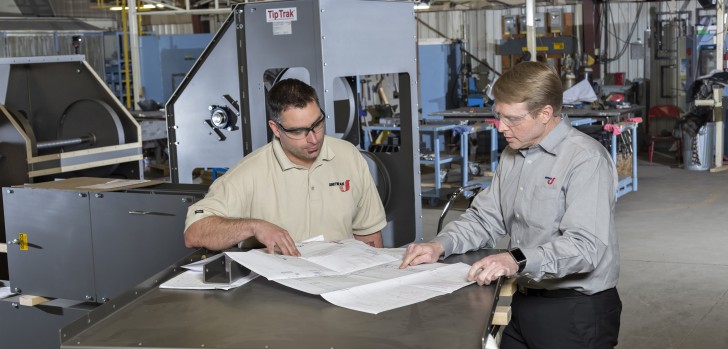Polycrystalline Silicon
Polycrystalline silicon, often abbreviated as polysilicon, stands as a cornerstone material in various industrial applications, particularly in the realm of electronics and solar energy. This versatile material is characterized by its unique crystalline structure, which offers exceptional conductivity and stability, making it indispensable in the production of semiconductors and photovoltaic cells. However, harnessing the full potential of polycrystalline silicon requires careful handling due to its specific characteristics and challenges encountered in bulk material conveying.
At a Glance
Polycrystalline silicon is a form of silicon characterized by multiple small crystalline structures, as opposed to the single crystal structure of monocrystalline silicon. This polymeric arrangement gives it distinct properties, including high purity levels and excellent electrical conductivity. Polysilicon is primarily produced through the chemical vapor deposition (CVD) process, where silicon gas is deposited onto a substrate and then solidified into a polycrystalline form.
Polycrystalline silicon possesses several key characteristics that present challenges in bulk material conveying processes. Firstly, it is highly abrasive, which can cause excessive wear and tear on conveying equipment if not properly managed. Secondly, polysilicon tends to form cohesive masses, leading to issues such as bridging and rat-holing in hoppers and silos. Lastly, its fine particle size and irregular shape make it prone to dust generation, posing potential health and safety hazards in industrial settings.
Common Uses
The applications of polycrystalline silicon are diverse and far-reaching. In the electronics industry, it serves as a crucial material for manufacturing integrated circuits, transistors, and other semiconductor devices. Additionally, polysilicon plays a central role in the production of solar cells, where it serves as the active material for converting sunlight into electricity. Its widespread adoption in renewable energy systems has positioned polycrystalline silicon as a key player in the global transition towards sustainable power generation.

Challenges in Conveying
Bulk material conveying of powders and bulk solids, such as polycrystalline silicon, presents unique challenges due to the material's characteristics:
- Abrasion: The abrasive nature of polycrystalline silicon can cause excessive wear on conveying equipment, leading to maintenance issues and downtime.
- Segregation: Polysilicon particles may segregate during conveying, leading to uneven distribution and affecting product quality.
- Dust Generation: Handling powdered polycrystalline silicon can generate dust, posing health hazards to workers and requiring effective dust control measures.
Equipment Options
To address the unique challenges associated with conveying polycrystalline silicon, UniTrak offers a range of specialized equipment designed for handling bulk materials with precision and efficiency. Among these, the TipTrak bucket conveyor stands out as an ideal solution for transporting abrasive materials like polysilicon. Its gentle and reliable vertical conveying action minimizes product degradation while ensuring smooth and consistent flow. For applications requiring horizontal conveying or gentle handling of fragile particles, the UniFlexTM flexible screw conveyor offers a versatile and customizable solution. Additionally, UniTrak's Powderflight aeromechanical conveyor and Bulk Bag Loader/Unloader provide efficient options for conveying and packaging polysilicon in various industrial settings.
In conclusion, polycrystalline silicon represents a vital material in modern industries, driving advancements in electronics and renewable energy technologies. However, its unique characteristics present challenges in bulk material conveying, requiring specialized equipment for efficient handling. UniTrak's deep experience in customized bulk material handling solutions, coupled with its proven track record in managing a diverse range of complex materials, positions it as a trusted partner for companies seeking reliable and efficient conveying solutions for polycrystalline silicon and other challenging materials. By leveraging UniTrak's expertise, industries can unlock the full potential of polycrystalline silicon while optimizing their production processes for enhanced performance and reliability.
